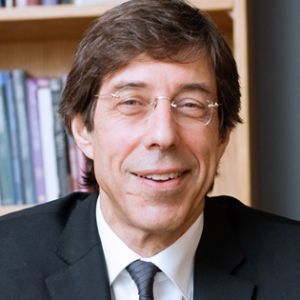As part of our tribute to David Bowie, we did a series of interviews with Dr. Gary Rodin, asking him questions about terminal illness, creativity, advance care planning, and post-traumatic growth. In this video, he talked about advance care planning and the sense of control in the following.
Question: Anne Neumann, author of The Good Death, argues that the well-orchestrated death of David Bowie reflects a larger trend of baby boomers wanting to have more control over their lives, opting for better end-of-life care decisions or even physician-assisted deaths. Do you agree with this assessment?
Dr. Rodin: I think what we’ve seen is that in the last number of decades, the population, people at large want more control over their healthcare. And this is a more general phenomenon to do with consumerism and empowerment. It’s certainly been manifested in healthcare.
Palliative care actually is a movement that began not in the medical community but it began as a grass root movement to improve medical care, something that patients and families wanted. Anyone who had gone through the experience of illness with their family knew that this is something they should have. And the healthcare system was forced to respond. And I think more and more patients and families and people with illnesses are wanting control, are not wanting to simply to delegate decisions to their healthcare providers. And assisted dying is maybe a very good example of that, also. This movement actually came from the community as well, not from the medical community, but from the population. And yes they want to be able to control the circumstances of their dying.
Now this is much more of a western phenomenon where people in the west have much more belief or custom of feeling in control, and believing that they should be in control of their lives. Sometimes this is problematic because there are many things among health and human life that we actually can’t control."
